Buy Vepa P. Sarathi’s Law of Evidence by K. A. Pandey [Eastern Book Company]
Specifications
| Book |
|
| Author |
|
| Binding |
|
| Publishing Date |
|
| Publisher |
|
| Edition |
|
| FREE SHIPPING |
|
| Language |
|
Overview:
Vepa P. Sarathi’s Law of Evidence is a classic work on the subject that clarifies and explains the complicated rules governing the law of evidence in a straightforward and easily comprehensible style. While maintaining the flair of this admired work, the revising author has updated the current edition of the book with the latest case law and statutory changes which have taken place since the last edition.
The following are the unique features of the book:
- Latest case laws, including the case of Mukesh Singh v. State (NCT of Delhi), (2020) 10 SCC 120, have been incorporated at appropriate places in the book.
- The latest case on electronic evidence, the Arjun Pandit Rao Khotkar case of October 2020 [Arjun Panditrao Khotkar v. Kailash Kushanrao Gorantyal, (2020) 7 SCC 1, Order dated 14-7-2020] is also included.
- Covers amendments carried out in the Evidence Act, 1872 through the Criminal Law (Amendment) Act, 2018.
- Includes two useful appendices. The first appendix discusses whether the Industrial Tribunal is bound by the rules of the Evidence Act and the second appendix is devoted to Digital and Electronic Signatures.
With the enormous growth of Information Technology, electronic records have replaced paper-based transactions and consequently the use of digital and electronic signatures to authenticate these records. This edition exhaustively deals with this topic including the pronouncement of the Supreme Court in Anvar P.V. v. P.K. Basheer, (2014) 10 SCC 473.
The book will be immensely useful for students of the LL B and LL M courses, public prosecutors, law teachers, and members of the Bench and the Bar.

Sir Lionel Horwill, I.C.S., Judge, Madras High Court (Retd.): In a volume of modest size and price you have succeeded in making the rules appear reasonable, ingenious, and stimulating. You have avoided the dullness of so many textbooks on the subject by enlivening your commentary with a bright and colorful style. I am sure that students and others will find your book of the greatest help in their studies.
P.V. Balakrishna Iyer, I.C.S., Judge, Madras High Court (Retd.): The subject is one which students occasionally find difficult and at times intractable, but Mr. Vepa has elucidated all the matters that students are apt to stumble over.
Sri M. Seshachelapati, Judge, High Court of Andhra Pradesh (Retd.): I have always cherished a very high opinion of the qualities of his mind and the range and accuracy of his scholarship. The Elements of the Law of Evidence’ is a work upon which the author deserves to be congratulated.
Prof. Komal Dahiya, SGT University: Few books have made so much impact the book is updated with the latest changes in the law of evidence, this book is excellent for both students and practicing lawyers.
Siddhartha Sekhar Dash, Assistant Professor, School of Law, KIIT University: One of the interesting things about the book which sets it apart are the case laws and the case references and the language being so lucid to understand the complexities of Evidence Law. :
Zubair Ahmed Khan, Assistant Professor, University School of Law & Legal Studies. GGSIP University: The revised book has bridged the obvious gap between the theoretical approach of evidence and its practical applications.
This book is unique in the sense that it has dealt with exhaustively regarding the electronic evidence, which is in line with the exponential growth of the use of the internet & the legal intricacies about the Information Technology Act – VIBHOR GUPTA, Assistant Professor, Amity Law School, Amity University, U.P
One of the interesting things about the book which sets it apart is the case laws and the case references and the language being so lucid to understand the complexities of Evidence Law. This book deals with electronic evidence, which is in line with the exponential growth of the use of the internet & the legal intricacies on the Information Technology Act. – Pooja Kaushik, Assistant Professor, Amity University, Lucknow
Table of Contents:
- Introduction
- Theory of Relevancy
- Relevant Facts of Which Evidence May Be Given
- Facts of Which Evidence Need Not Be Given
- Facts of Which Evidence Cannot Be Given
- Burden of Proof
- Witnesses
- Documentary Evidence
- Exclusion of Oral by Documentary Evidence
- Weight and Appreciation of Evidence
- Power of an Appellate Court
Appendices
- Industrial Tribunal and the Law of Evidence
- Digital Signature and Electronic Signature
Latest Edition, Genuine Quality, Lowest Price, and [FREE Delivery].
Published by: Eastern Book Company [EBC]

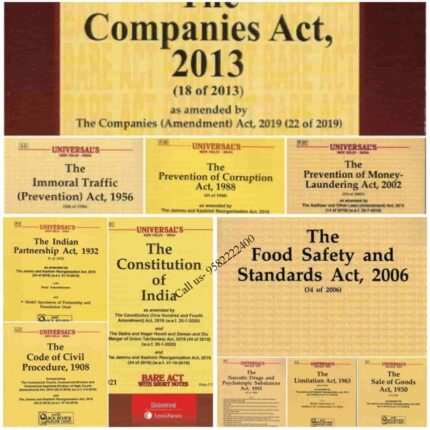
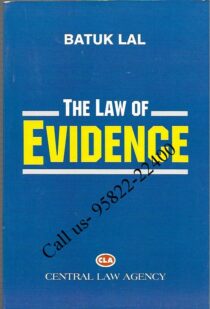
![Vepa P. Sarathi's Law of Evidence by K. A. Pandey [Eastern Book Company] Vepa P. Sarathi's Law of Evidence by K. A. Pandey [Eastern Book Company] cover page](https://singhallawpublication.in/wp-content/uploads/2021/12/Vepa-P.-Sarathis-Law-of-Evidence-by-K.-A.-Pandey-Eastern-Book-Company.jpg?v=1682098518)
![Lectures on Administrative Law by CK Takwani [Eastern Book Company] 2021 cover page](https://singhallawpublication.in/wp-content/uploads/2021/08/Lectures-on-Administrative-Law-by-CK-Takwani-EBC.jpg?v=1682098509)
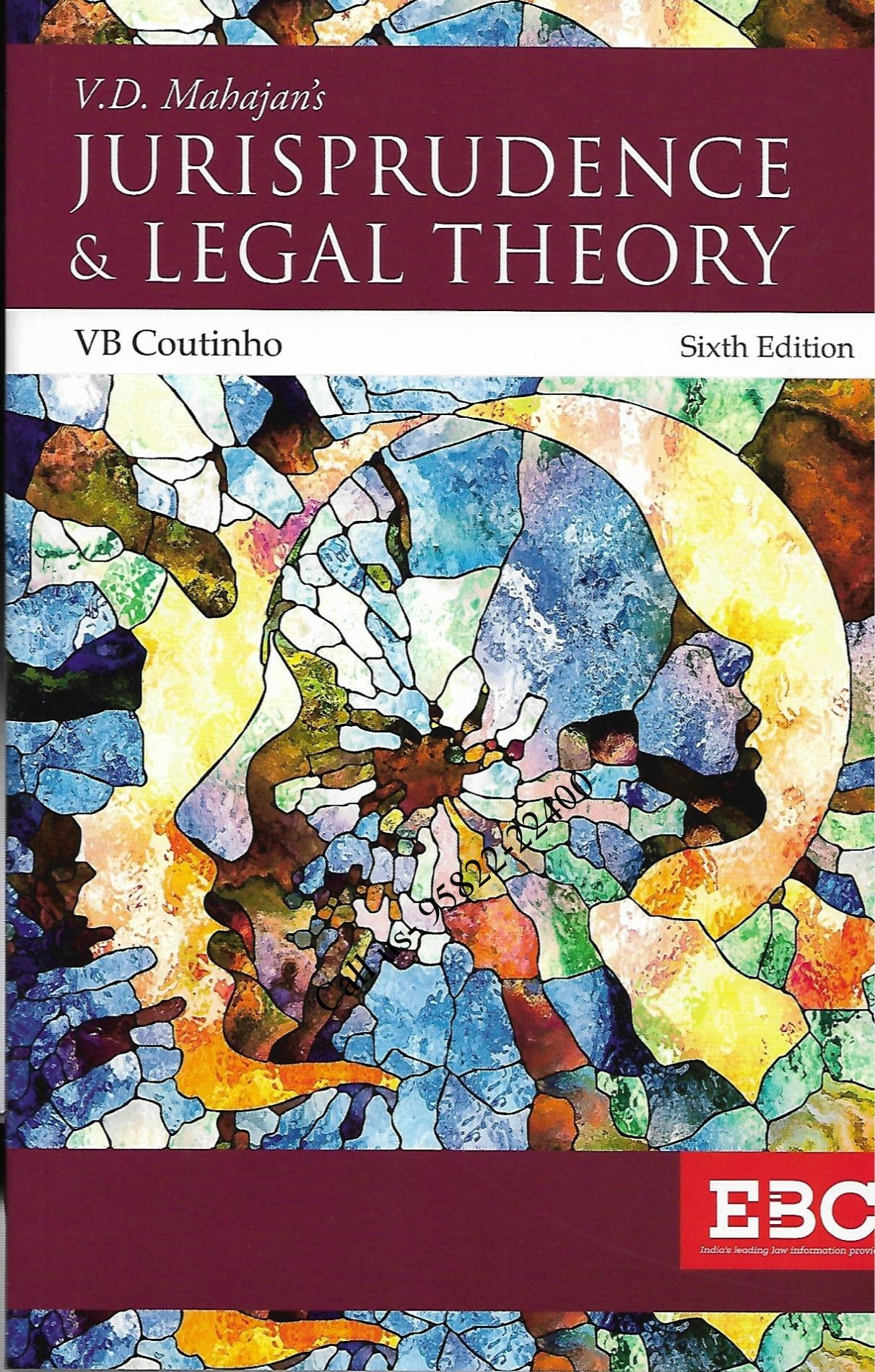
![Administrative Law by IP Massey [10th Edition] Eastern Book Company 2022 book cover page](https://singhallawpublication.in/wp-content/uploads/2021/08/Administrative-Law-by-IP-Massey-10th-Edition-EBC-2022-book.jpg?v=1682102683)
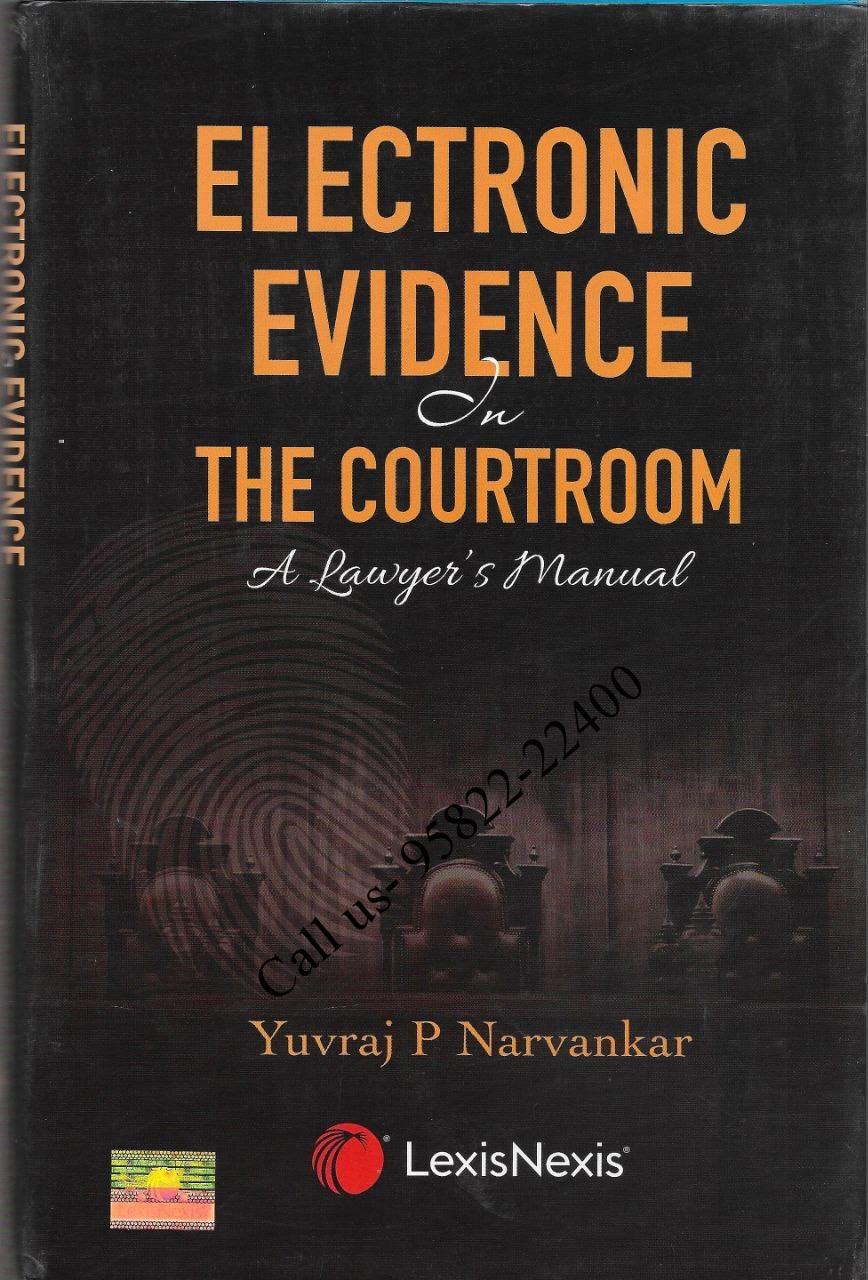
![Environmental Law by SC Shastri [Eastern Book Company] 2021 cover page](https://singhallawpublication.in/wp-content/uploads/2021/08/Environmental-Law-by-SC-Shastri-EBC.jpeg?v=1682098506)
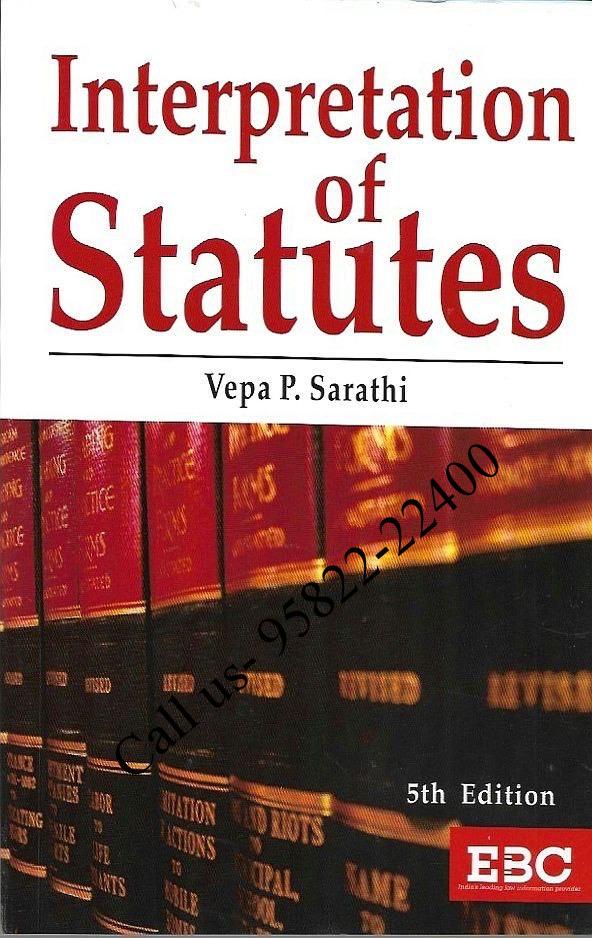
![3rd Semester DU LLB Text-Book Set of 6 [CoI & Sale of Good Optional] cover page](https://singhallawpublication.in/wp-content/uploads/2021/12/3rd-Semester-DU-LLB-Text-Book-Set-of-6-CoI-Sale-of-Good-Optional.jpg?v=1682103183)
![3rd Semester DU LLB Text-Book Set of 6 [CLI & CoI Optional] cover page](https://singhallawpublication.in/wp-content/uploads/2021/12/3rd-Semester-DU-LLB-Text-Book-Set-of-6-CLI-CoI-Optional.jpg?v=1682103185)
![3rd Semester DU LLB Text-Book Set of 6 [ICL & Sale of Good Optional] cover page](https://singhallawpublication.in/wp-content/uploads/2021/12/3rd-Semester-DU-LLB-Text-Book-Set-of-6-ICL-Sale-of-Good-Optional.jpg?v=1682103184)
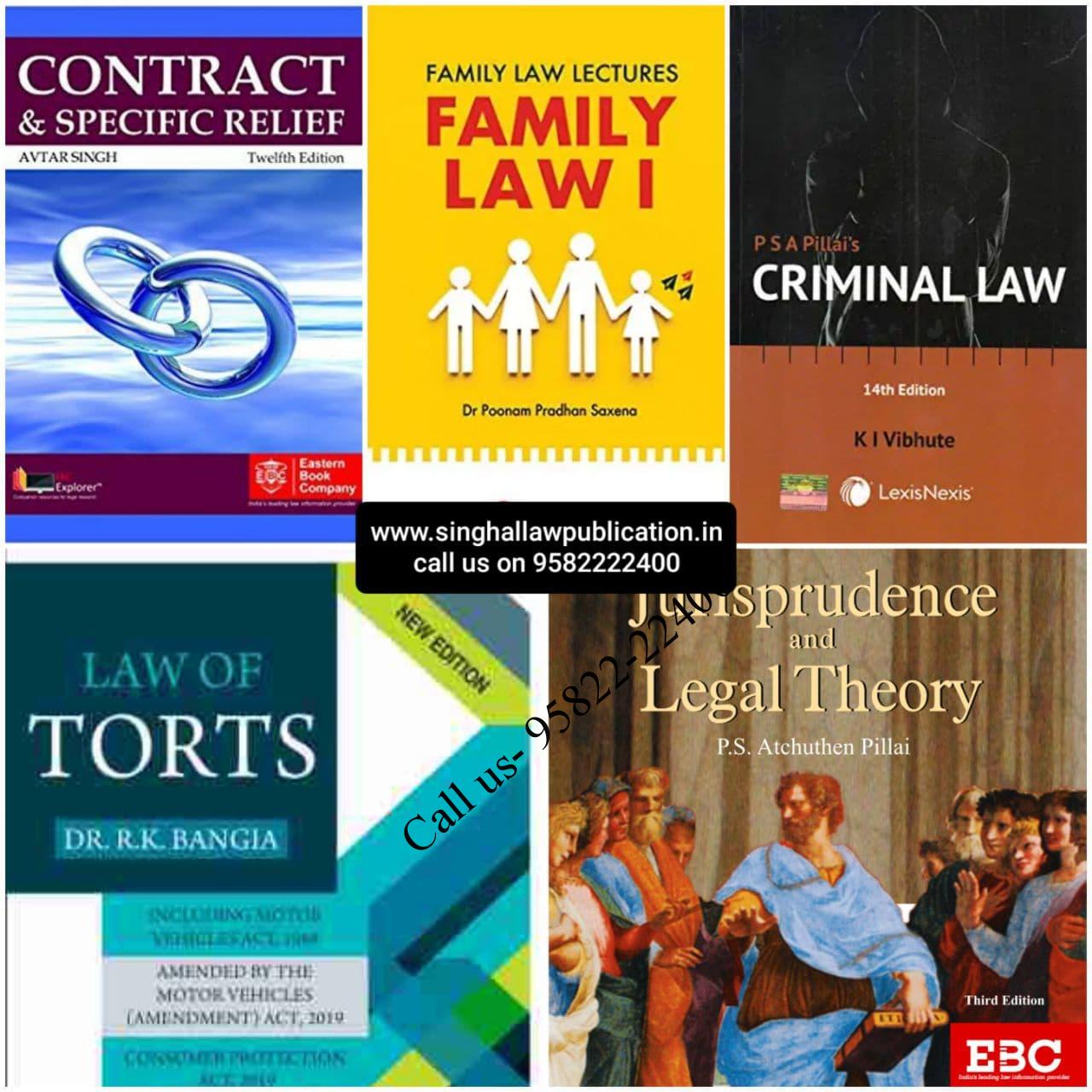
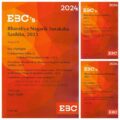
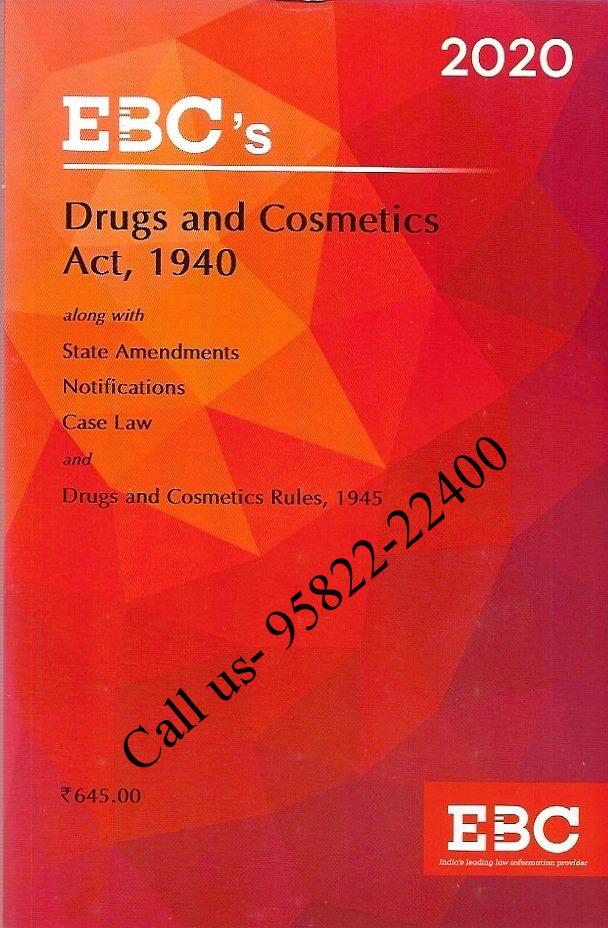
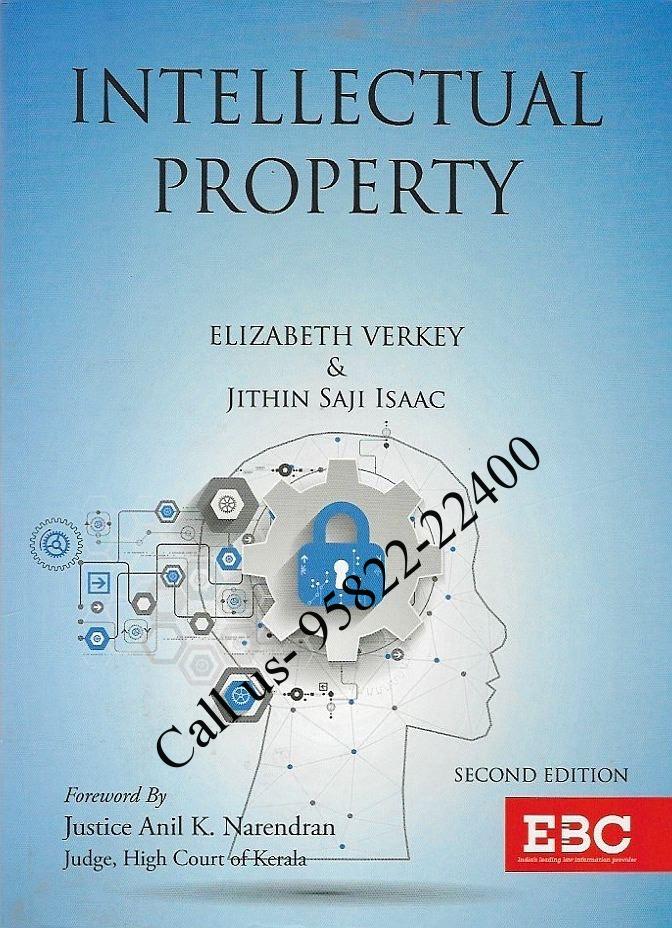
![Vepa P. Sarathi's Law of Evidence by K. A. Pandey [Eastern Book Company]](https://singhallawpublication.in/wp-content/uploads/2021/12/Vepa-P.-Sarathis-Law-of-Evidence-by-K.-A.-Pandey-Eastern-Book-Company-150x150.jpg?v=1682098518)
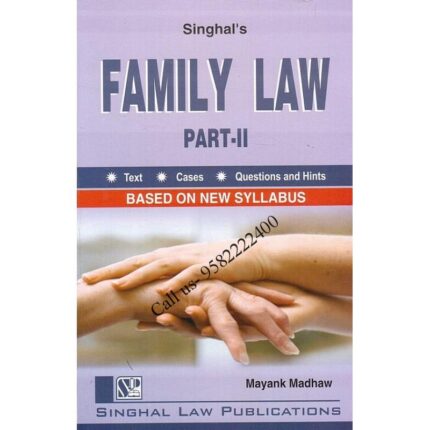
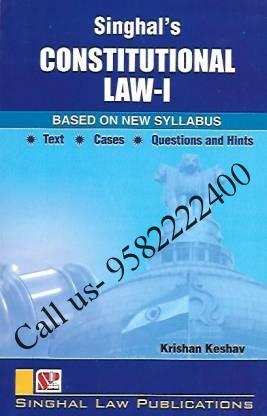
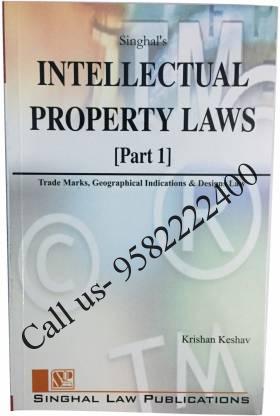
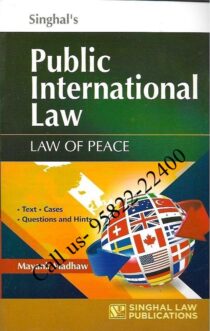
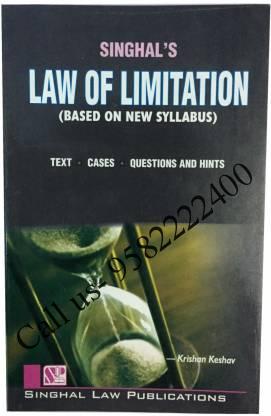
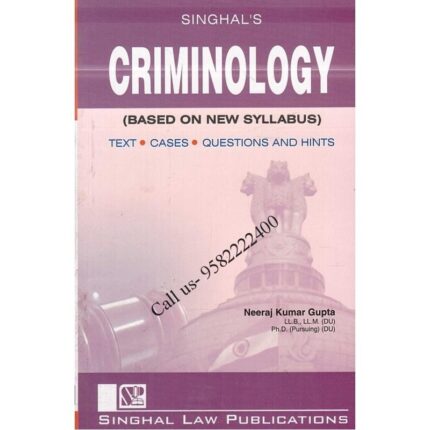
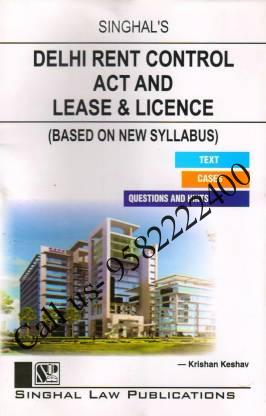
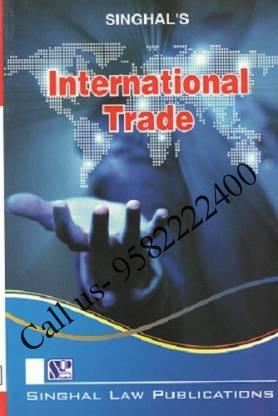
The packaging was really well done and the pricing of the book is the best that’s available out there online. The book was dispatched well in time.
The only problem was that there was a wrong tracking link provided. The package came by IndiaPost whereas the tracking link was of DTDC courier, due to which I couldn’t track my order. But it reached safely and the book was as good as bought from the shop.
Great service overall.
Vepa P. Sarathi’s Law of Evidence by K. A. Pandey [Eastern Book Company]